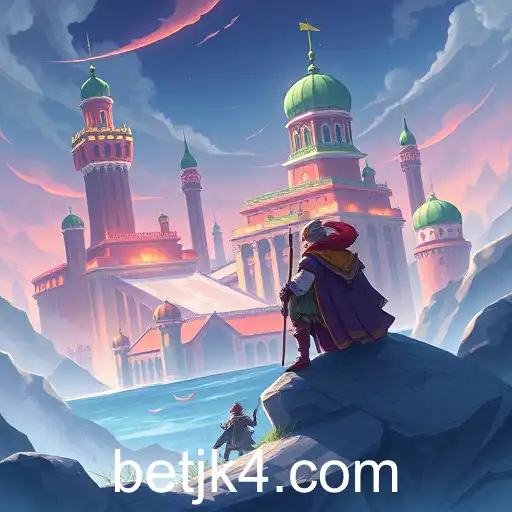
The gaming industry has undergone significant transformation in recent years, and 2025 is proving to be a landmark year. As digital technology continues to advance, platforms like 'jk4' have become central to delivering immersive experiences to a global audience. Once known predominantly for its wide selection of casual games, 'jk4' has quickly adapted to emerging trends.
The integration of AI into gaming platforms has revolutionized the way businesses interact with their audience. 'jk4' has embraced machine learning to create personalized gaming experiences, which cater to an individual’s playing habits and preferences. This move not only broadens the appeal to seasoned players but also invites newcomers by simplifying game dynamics.
Interestingly, 2025 has also seen a surge in e-sports popularity, with 'jk4' hosting several high-stakes tournaments. These events draw massive online audiences and are pivotal in transforming gaming into a spectator sport. As a direct response, 'jk4' has ramped up its streaming services, ensuring that users can watch events seamlessly and engage in interactive forums alongside.
In terms of community dynamics, 'jk4' has placed significant emphasis on creating inclusive virtual spaces. Recognizing the diverse demographics of gamers, these spaces offer a non-discriminatory environment for social interaction and learning. Regular updates and feedback loops allow users to influence platform changes, fostering a sense of ownership among players.
Furthermore, the focus on data privacy and online safety has become paramount. Given the increase in cyber threats, 'jk4' has implemented rigorous security measures to protect its user base, ensuring a secure gaming environment. This proactive stance is not only a response to current global cybersecurity challenges but also a commitment to safeguarding future innovations.
As we move forward in 2025, the role of platforms like 'jk4' will be crucial in shaping the future of entertainment. With continuous technological advancements, the game is no longer just a pastime but an integral part of contemporary culture, reflecting broader shifts in how digital spaces are conceived.


